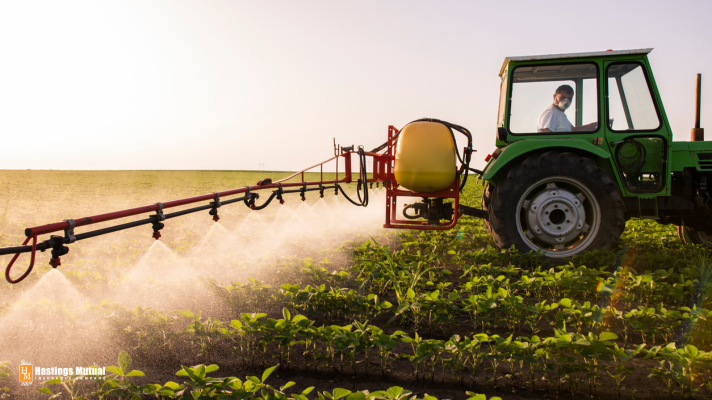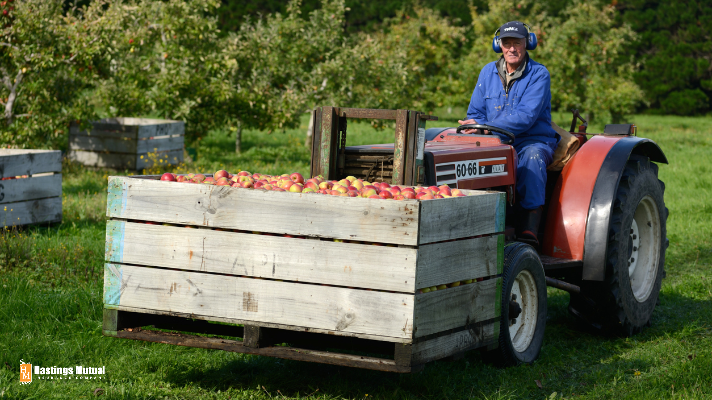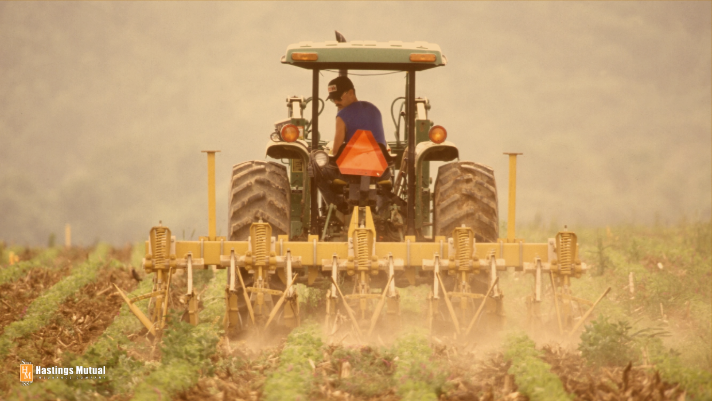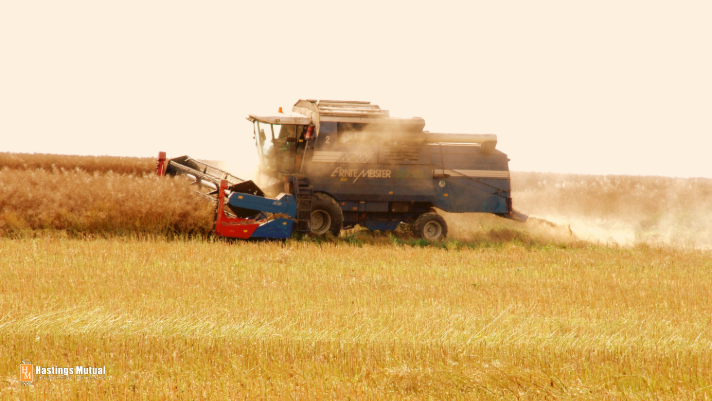Storing Your Farm Chemicals Safely
Four simple steps to protect your family, your staff, and your animals.
Even if you’re working on a completely organic farm, you’re using chemicals in and around your fields. It’s probably possible to operate without any hazardous chemicals of any kind, but it’s a difficult task in what is already a difficult line of work.
You don’t want chemicals mixing with substances that need to stay separate like medicine and food. You could store farm chemicals in a distinct part of an outbuilding like a pole barn, or they could be in a different location — and that’s what experts recommend, for both health and security reasons (chemicals could be stolen or vandalized if they’re not locked away).

There are four basic steps to building a permanent storage unit for farm chemicals.
1. Plan your storage
Think about all the chemicals you use throughout the year: pesticides, herbicides, cleaning solutions, fuel, oil and grease, and whatever else you need to keep your farm running.
Your storage area needs to be large enough to hold them all.
You might not be able to dispose of old or unusable chemicals right away, so you’ll need a place to store them as well.
2. Find a location
Put your chemical storage unit somewhere safe and secure: where it’s less likely to be flooded or catch on fire.
A leak or fire can release hazardous fumes or substances.
But it also could damage storage containers, ruin labels and safety information, and make materials an expensive and unusable mess.
The structure needs to be close enough to access but far enough away that if a leak or fire does happen, it’s less likely to spread to any other structures on your farm.
3. Building the unit
Metal or plastic is probably best for the roof and walls, again to reduce the risk of fire or water damage.
Use similar building materials inside the structure — chemicals from a leaky container could be absorbed into wooden walls or shelves but can be cleaned off metal or plastic.
Store each substance separately, in additional bags, crates, or catch trays to further protect them.
4. Ideal conditions
Chemicals need to be stored within a certain temperature range.
You may even have to consider things like lighting and humidity to make sure your chemicals are available for use on the farm and aren’t at risk of exploding or leaking.
Review the reference materials for your chemicals to see the best way to store them.
You may not want to include windows or screens in the storage unit, but appropriate ventilation is a necessity.
Don’t forget a solid door that closes firmly, and a lock!
The chemicals you use on your farm are there to do a job, and they can’t do that job if they’re damaged, drained, or missing.
Mutual Understanding blog and Hastings Mutual videos are made available for educational purposes only. The information referred to is not an official company statement, corporate policy, or offer of coverage. Refer to your insurance policy for specific coverage. There is no representation as to the accuracy or completeness of any information found by following any link on this site. Please contact your local independent insurance agent with further questions and for more details on any insurance policy-related information you read here.
© 2021 Hastings Mutual Insurance Company. All rights reserved.
Related Blog Posts
-
 Simple Ways For Your Farm Workers To Succeed
Simple Ways For Your Farm Workers To Succeed
Stretching, lifting, using tools… what you need to know to keep your workers healthy.
-
 Managing Farmer Stress
Managing Farmer Stress
A new program will help farmers deal with the dangers of stress.
-
 Simple Ways To Keep Farms Clean And Safe
Simple Ways To Keep Farms Clean And Safe
If you own or operate a small farm, this coverage may be right for your business.
Hastings Insurance Company
404 E. Woodlawn Ave.
Hastings, MI 49058
Monday-Friday
8:00 a.m. - 4:30 p.m. (EST)
(800) 442-8277
Terms of Use and Privacy Statement© Hastings Insurance Company. All rights reserved.



